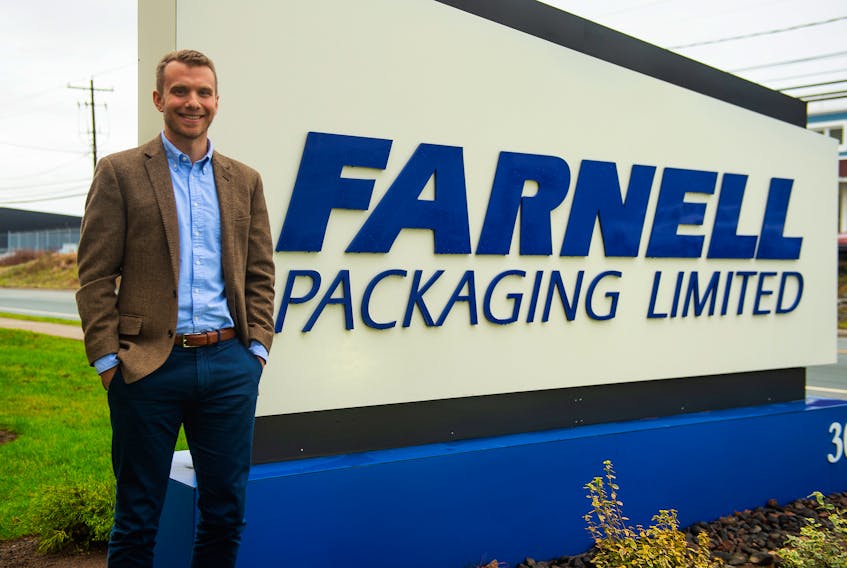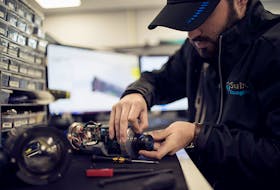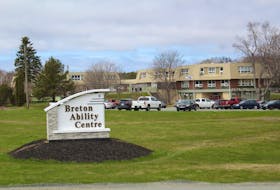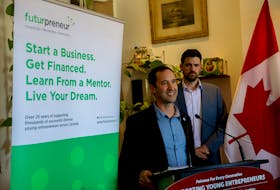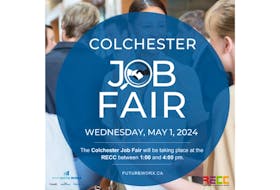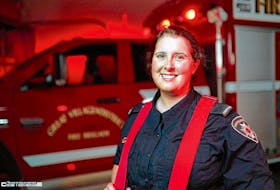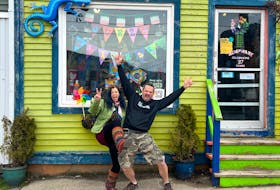In a pandemic, people eat at restaurants much less and eat at home much more.
That’s why the restaurant sector is getting hammered and why business at Farnell Packaging is up 15 to 20 per cent over the last year, dwarfing any previous annual growth.
The bulk of what the Dartmouth company’s 220 employees produce is food packaging, and you’d be hard pressed to find a grocery store anywhere in North America where their products aren’t on the shelves.
Business started to climb drastically as soon as the coronavirus established a foothold in the U.S.
“People who used to buy lunch two or three times a week were now bringing lunch, and people working from home instead of in an office were now making lunch in their kitchen,” said Joel Rudolph, vice-president of strategy and business development for Farnell.
“As those habits changed . . . and that volume all shifted into the grocery side of things, our customers — your Loblaws, your Sobeys, Walmarts and Costcos — their business was increasing significantly. And we’re right in the thick of that supply chain, so when their business goes up, our business goes up. We had unprecedented growth on both sides of the border.”
The company’s core business is in central Canada and the U.S. Midwest, but the biggest area of growth this year has been in exports to the west coast of the U.S. and the mid-Atlantic and southern states.
Rudolph was born into the family business, which was founded by his grandparents in their Halifax home. He worked on manufacturing equipment during summers as a young man, which gave him some doubts, but went on to earn a master’s degree focused on integrating sustainability into business.
“That side of it, knowing that we’re in the plastics industry, looking at the environmental side of it is what got me interested in being involved, seeing how we could bring value to the world by making some positive change to the business.”
One of those changes is the development a couple of years ago of recyclable frozen food pouches. A big challenge in that project was that frozen food packaging has to have a long shelf life.
“We looked at that as an opportunity as to how to provide the physical elements that you need and offer it in a recyclable alternative and to do it in a more or less cost-neutral way,” said Rudolph.
“Right now, probably 99 per cent of what we make, or more, is fully recyclable.”
The increasing complexity of packaging is a challenge to making it recyclable. Farnell uses a process called blown film extrusion, and the end product can be recycled in any basic recycling system.
“It’s one thing to say it can be recycled, it’s another to say that it’s actually being recycled. But I know that we have changed over millions and millions of units, that’s for sure, that previously were not able to be recycled and now are. So we take that as a big win,” said Rudolph, adding that the move to develop a recyclable food pouch was shared between the food and packaging industries.
“The industry has obviously been aware of the black eye that’s been looming over plastics for a very long time and has been a real driver of trying to come up with some of these more sustainable solutions. For Farnell, it was something that just fit very well into our company values.”
Rudolph said his grandparents’ proudest achievement was being able to provide employment to people in their community. In a similar way, he said a point of pride for the company was in finding a way to stay open when the pandemic halted transit.
“We’re a 24-7 operation; we have people that come in from all over HRM and beyond,” he said.
“When transit shut down during the pandemic, we had some staff that were impacted by that. They took transit to work, and all of sudden they were unable to get there. So we did hire a bus service that would go pick up employees at their home and bring them to the plant, and at the end of the shift, pick them up and take them back home.
“I never thought I’d be running a bus service.”

